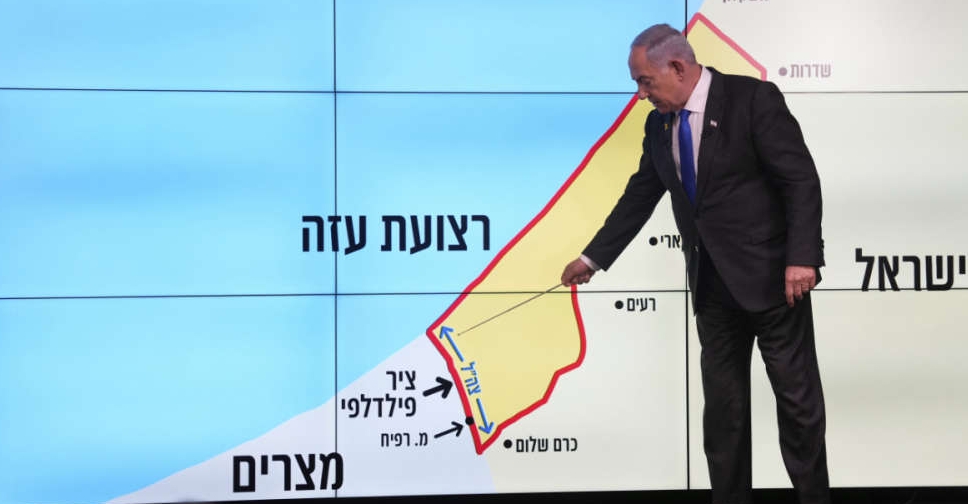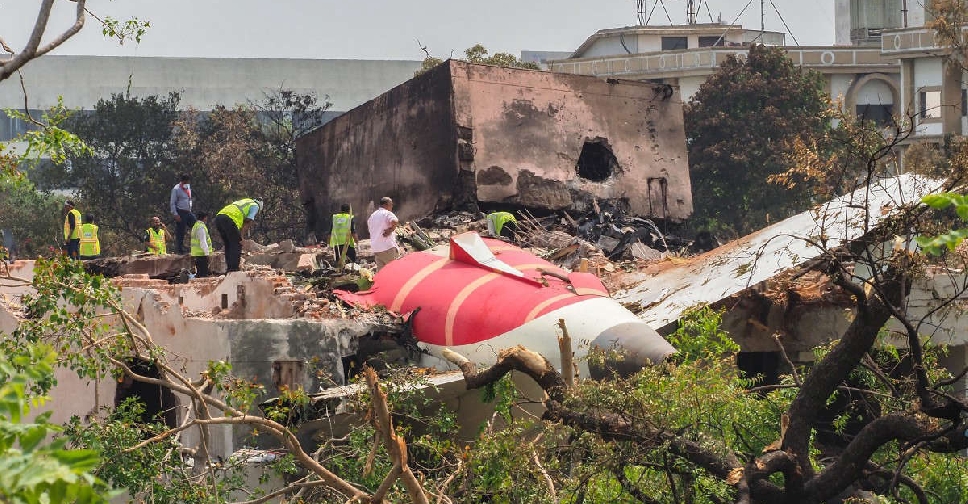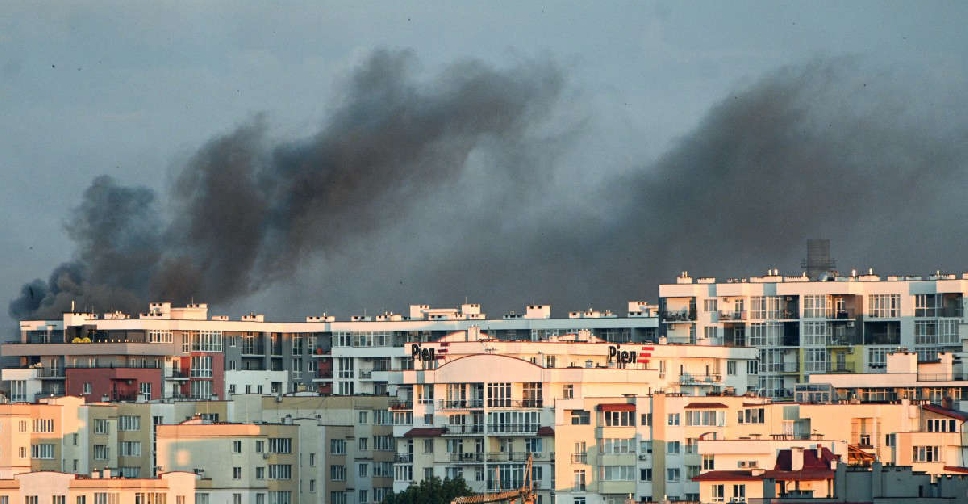
Egypt reiterated its firm stance on the conditions for any ceasefire agreement in Gaza, completely rejecting the presence of Israeli presence in the Philadelphi Corridor and the Rafah crossing in southern Gaza.
In a statement to Egypt's Al-Qahera News TV channel, a high-ranking source said, “The ongoing conflict and the potential for its regional escalation pose significant dangers, with severe consequences on multiple levels.”
The source emphasised that the Israeli government is to blame for failing to reach a ceasefire agreement, accusing it of attempting to impose new realities on the ground to distract from its internal crises.
This comes after Benjamin Netanyahu doubled down on his position to remain in the area, saying the corridor was important to prevent Hamas and other Palestinian insurgents from smuggling weapons into Gaza.
Speaking to reporters at the White House on Monday, Biden said he did not think Netanyahu was doing enough to reach a deal, and indicated that the US was planning to present a final proposal to both sides this week.
Benny Gantz, a former general and chief of staff who had been part of Prime Minister Benjamin Netanyahu's war cabinet until he quit in June, said Iran, not the so-called Philadelphi corridor, on the southern edge of the Gaza Strip bordering Egypt, was Israel's main existential threat.
"If Netanyahu does not understand that after October 7 everything has changed ... and if he is not strong enough to withstand the international pressure to return to Philadelphi, let him put down the keys and go home," Gantz said.
The issue of the Philadelphi corridor has been a major sticking point in efforts to secure a deal to halt the fighting in Gaza and return Israeli hostages held by Hamas.
Netanyahu's stance on the negotiations, which have been continuing for weeks while showing little sign of a breakthrough, has frustrated allies, including the United States, and widened a rift with his own defence minister, Yoav Gallant.
"The story is not Philadelphi but the lack of making truly strategic decisions," said Gantz.
He added there was a plan in place to block underground Hamas tunnels with a barrier but that Netanyahu has not promoted this politically.
While Gantz, head of a centrist party that is seen as the largest threat to head a new government, was speaking as thousands of Israelis protested for a third straight day in Tel Aviv in support of a deal to bring back the hostages.


 Air India crash report shows pilot confusion over engine switch movement
Air India crash report shows pilot confusion over engine switch movement
 Trump visits Texas flood zone, defends government's response
Trump visits Texas flood zone, defends government's response
 Russia attacks west Ukraine with drones and missiles
Russia attacks west Ukraine with drones and missiles
 PKK fighters burn weapons in Iraq to start disarmament
PKK fighters burn weapons in Iraq to start disarmament



